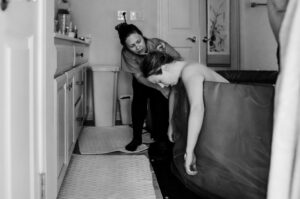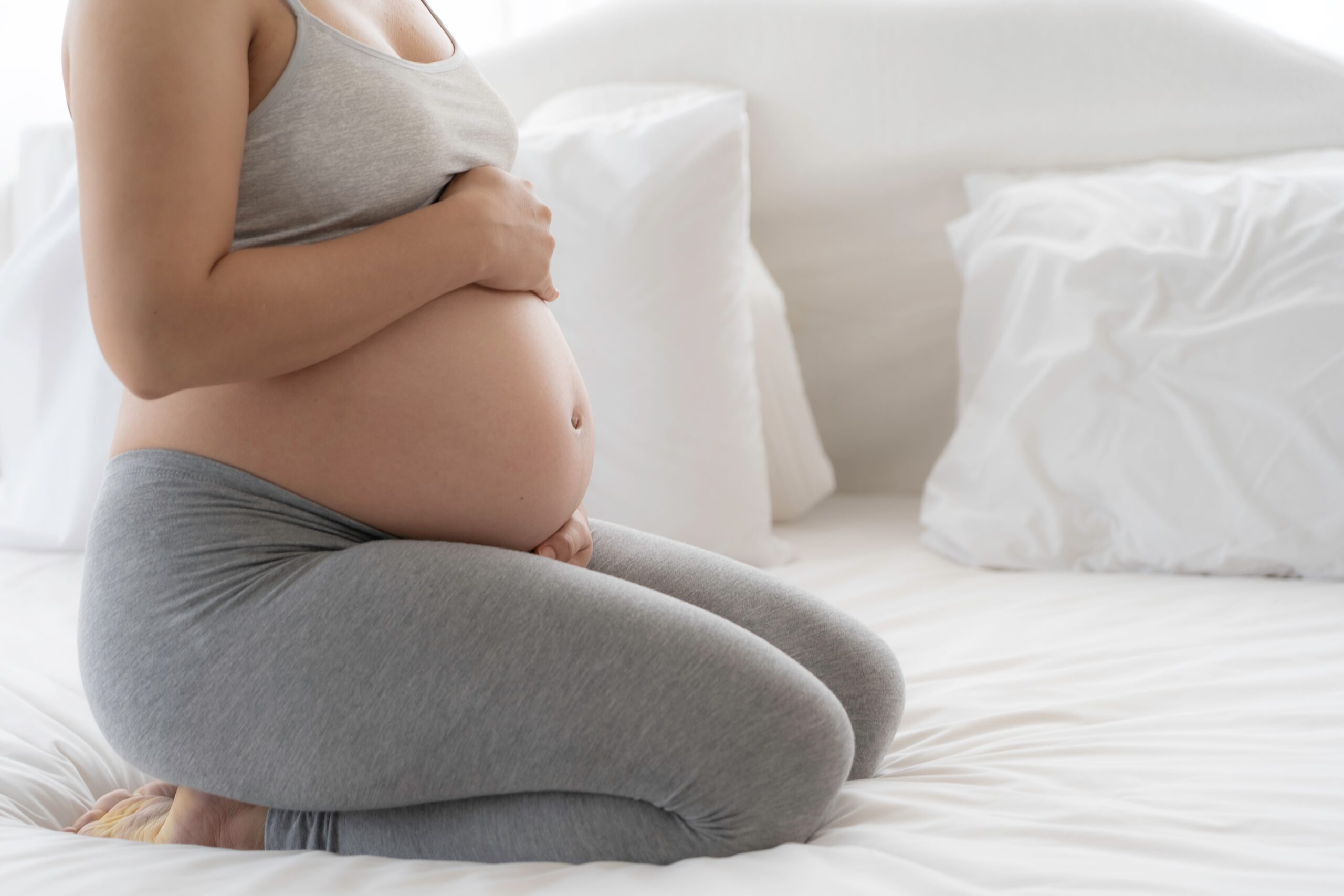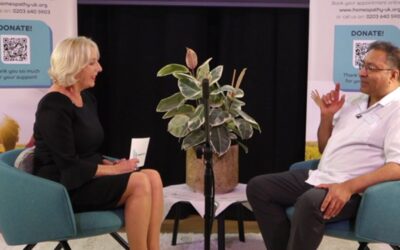Three complementary therapists share their expertise on how to have a healthy, happy pregnancy and delivery
Acupuncture by Claire Dabreo
Acupuncture is part of ancient Chinese medicine, dating back at least two thousand years. The treatment involves inserting fine needles, usually a few centimetres long, into acupuncture points (also known as acupoints) on the body. Where the needles are inserted depends on your condition. Practitioners may leave them in position for just a few moments or up to half an hour. According to the British Acupuncture Council, 2.3 million acupuncture treatments are carried out in the UK every year.
How can it help?
Acupuncture is based on the principles of Chinese medicine which state we all have an energy or life force (known as Qi) which flows though our bodies in channels. When our Qi gets disrupted and can’t flow freely, illness occurs. Practitioners believe that acupuncture can restore this flow and therefore help to restore health.
On a physiological level the stimulation from acupuncture increases blood flow, while at the same time triggering the activity of the body’s natural painkillers. It’s been proved that stimulation of certain acupuncture points affects areas of the brain that are know to reduce sensitivity to pain and stress.
How can acupuncture help in pregnancy?
With pregnancy comes a rise in oestrogen and progesterone levels, which can cause many symptoms from extreme tiredness and emotions, to anxiety, aches and pains. In Chinese medicine it’s believed a woman’s Qi flow can be disturbed in pregnancy but acupuncture can help to bring it back into balance.
Pre-birth acupuncture, undertaken weekly from around 36 weeks, is said to help support an efficient labour and help with pain management; there is also evidence that moxibustion (a type of traditional Chinese medicine) can be effective in turning breech babies.
Acupuncture can also be used as a recovery treatment following birth, as well as supporting breast milk production, post-partum depression, mastitis and more. Find Claire Dabreo at www.thelondonacupuncturist.co.uk
Hypnobirthing by Claire Chaubert
Based on the principles of hypnotherapy, hypnobirthing teaches expectant mothers self-hypnosis, relaxation and breathing techniques to achieve a state of deep, contented relaxation during labour and birth.
How does it help?
Hormones play a very significant role in preparing women for childbirth – from oxytocin, which helps the uterus to contract during labour, to beta-endorphin which acts as a natural painkiller.
What techniques are used?
- Meditation – we go to a quiet, relaxed space where they feel comfortable.
- Control of the mind – over time, this allows a woman to control her hormones and emotions, which she can then adjust and amend whenever she chooses, including at the birth.
- Positive visualisation – the woman pictures herself at the birth, holding her baby and feeling amazed at how wonderfully she’s done.
- Key relaxation anchors – this includes putting gentle pressure on her shoulders to relax and remind her that this is a place of peaceful calm.
- Switch mechanism – where you initially visualise what you are scared about and then switch that out with a much brighter, calmer image, which then becomes predominant.
Find Claire Chaubert at www.clairechaubert.com
Doulas by Vicky Walker

A doula is a companion who supports women and their families during pregnancy, birth and beyond. A doula’s role can include everything from helping to make informed decisions about maternity care to offering suggestions and reassurance during childbirth. Doulas aren’t usually medically trained so they work alongside midwives and doctors. They support women planning all kinds of birth – planned caesarean, epidural or home water birth.
Why have a doula?
There are many reasons why women choose a doula. They may have had a traumatic experience of childbirth, want more individualised support, or have an interest in complementary and alternative medicine. I also work with clients to help them navigate an unfamiliar maternity care system.
What do doulas do?
The role of a doula varies greatly, depending on the need, so doulas decide on what type of support best suits. They may employ a range of strategies and techniques, such as breathing exercises, anxiety management, embodiment practices or massage therapy. Postnatally, doulas may help with breastfeeding, provide emotional support or offer practical baby care information.
Find Vicky Walker at www.vickywalker.co.uk



